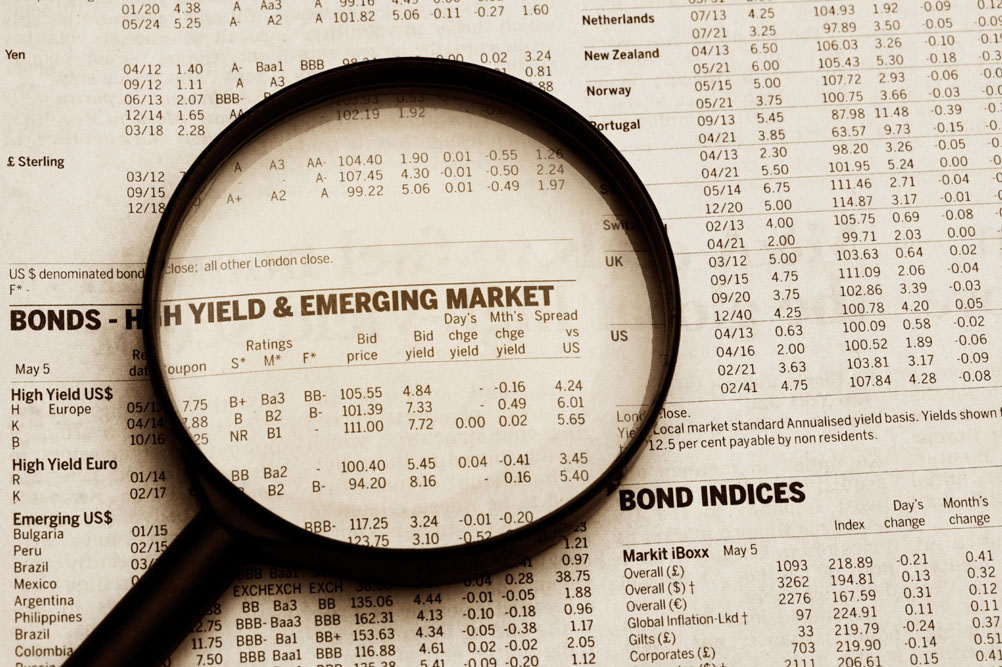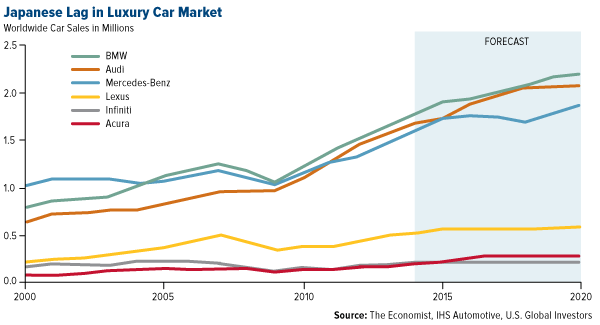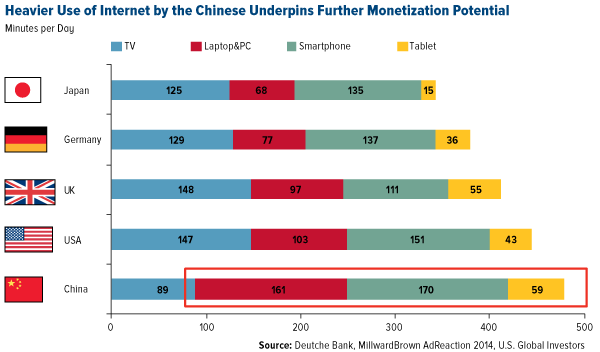Emerging Markets Radar (June 16, 2014)
Strengths
- Brazil was the best-performing emerging market this week, rising 4 percent after voting intention polls show waning support for current president Dilma Rousseff. Investors were net buyers of Brazilian stocks this week on speculation that an opposition candidate can win the elections on a platform focused on revitalizing the nation’s anemic growth. All eyes are on Brazil for the next thirty days as the 19th FIFA World Cup kicked off this week.
- Hong Kong was the best-performing Asian country this week, as China’s selective easing policy showed initial signs of success, reflected in the stabilization of May macroeconomic data. China’s fiscal spending grew 24.6 percent year-over-year in May, the fastest since August 2012 and accelerating from a 9.6 percent pace in January through April.
- Health care was the best-performing sector in the emerging market universe this week, largely driven by strong performances by Indian stocks. The Indian pharmaceutical industry reacted on speculation that global pharmaceutical companies are focusing their mergers and acquisitions efforts on emerging markets. Two of our funds’ holdings in the sector hit their 52-week highs this week: Straumann, a Swiss manufacturer of dental implants, and Krka, a Slovenian pharmaceutical manufacturer.
Weaknesses
- Turkey was a major underperformer this week, as the local Istanbul market declined 3.6 percent following the news of a rebel takeover of the city of Mosul in northern Iraq. Turkey has close dealings with the Kurds, who have recently declared commercial production out of their oil fields in northern Iraq, which have been assumed to be at risk by the current internal Iraqi conflict. The Kurds, however, stand to win politically from the current conflict as the West may increase support for their independence from Iraq to protect strategic oil production from the rebels.
- Dubai construction and property developers slumped as the United Arab Emirates Central Bank stated the country’s real estate market may be overheating. Average rental yields in Dubai and Abu Dhabi have fallen below historical averages as real estate prices rose, indicating market imbalances, according to the Central Bank. Property and construction companies have led an equities rally in Dubai, where the benchmark index has increased more than threefold since the start of last year, data compiled by Bloomberg show.
- Telecom services were the worst-performing sector in emerging markets this week, driven by Thai wireless carrier Advanced Info Service on fears of potentially intensifying industry competition after China Mobile announced a bid to acquire an 18 percent stake in another Thai-integrated carrier, True Corporation.
Opportunities
- The three German luxury car brands—BMW, Mercedes and Audi—have become ever more dominant as emerging markets growth has expanded global demand for premium cars, according to a recent article in The Economist. Together, the German trio now controls 70 percent of the market for fast, expensive and luxurious cars. The implications for Emerging Europe are direct, as German luxury car factories across these nations have taken over a large portion of the production and distribution for these manufacturers.
- The official start of the quadrennial FIFA World Cup may remind investors of further monetization potential from leading providers of the Internet, desktop and mobile, all the way from advertising, shopping and socializing to entertainment, as Chinese consumers spend even more time on the web than their peers in major developed countries thanks to the proliferation of mobile devices. Indeed, China’s mobile internet users reached 838 million as of January, or about 62 percent of the country’s total population.
- Cash deposited overnight with the ECB plunged to the lowest level since 2011 as a negative interest rate took effect, reports Bloomberg. Commerzbank, Germany’s second-biggest bank, was the first to publicly state it will no longer deposit surplus cash at the ECB. The measure is expected to result in banks offering additional lending to companies and households in an effort to fight declining inflation and spur much needed growth.
Threats
- Indian stocks dropped the most in four months on concerns that rising oil prices will spur inflation and widen the nation’s trade deficit. The rupee weakened to a four-week low and bonds declined. Bloomberg reports higher fuel costs may stoke inflation as the country buys about 80 percent of its crude from abroad. Higher inflation would undermine Prime Minister Narendra Modi’s efforts to curb consumer prices and revive economic growth from near the weakest level in a decade.
- China’s new home sales declined 10.6 percent year over year in May, and new home starts dropped 18.6 percent year-over-year in January through May. Deteriorating sentiment toward Chinese residential property oversupply in lower-tier cities, coupled with a peak in the maturity of wealth management products in the second half of this year, only add to volatility of property developer stocks in the near term.
- Estonian first-quarter GDP turned negative, highlighting the rippling effects of the Ukrainian crisis in Eastern Europe. Estonia’s transport industry, a key contributor to the Baltic economy, has been harmed by Russia’s conflict with Ukraine. Cargo volumes, mostly oil product shipments originating in Russia, have declined drastically. The Baltic nations are especially vulnerable to Russian trade with Europe, which threatens to continue its decline following the Western-imposed sanctions.















